NASA and Google AI have found a hidden eighth planet circling star Kepler-90
Google AI has accelerated an exciting discovery from the observatory around the star Kepler-90
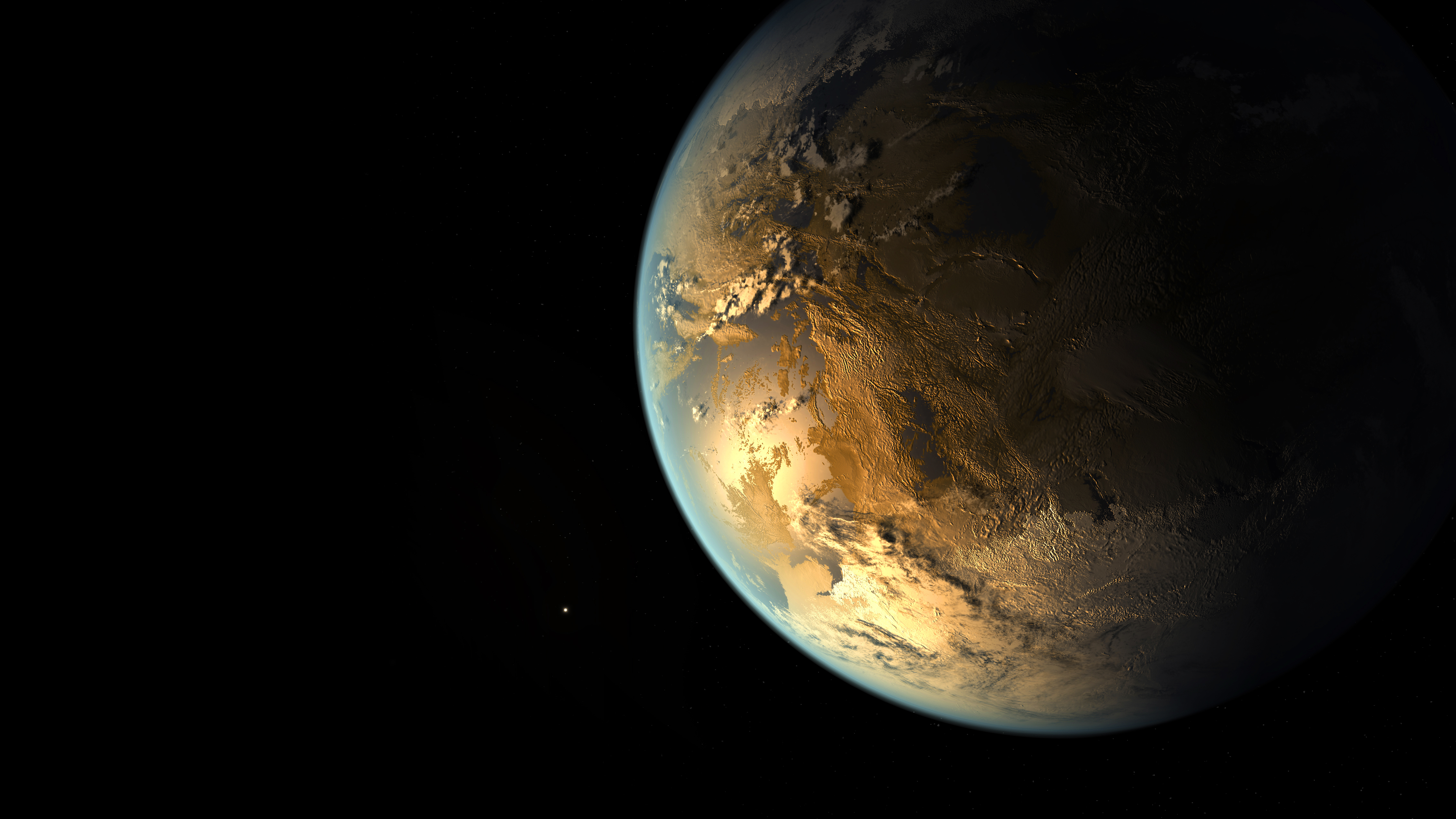
Of all the government agencies to make a major announcement, NASA's has got to be the most exciting. The space agency doesn't make banal announcements. If it warrants a press release, you can be damn sure it's worth our attention.
During the most recent NASA announcement, the space agency revealed it has spotted an eighth planet circling Kepler-90, a Sun-like star 2,545 light years from Earth.
The planet, dubbed Kepler-90i - was discovered in data from NASA's Kepler Space Telescope after being analysed by Google's AI. It is a "sizzling hot, rocky planet" that orbits Kepler-90 once every 14.4 days.
Google trained its AI to learn how to identify planets by searching Kepler data for instances where the telescope recorded signals from planets beyond our solar system, known as exoplanets.
The discovery of this eighth planet means our solar system is now tied for most number of planets around a single star.
"Just as we expected, there are exciting discoveries lurking in our archived Kepler data, waiting for the right tool or technology to unearth them," said Paul Hertz, director of NASA's Astrophysics Division in Washington. "This finding shows that our data will be a treasure trove available to innovative researchers for years to come."
The AI was trained by Christopher Shallue and Andrew Vanderburg to look for signals associated with exoplanets. This include changes in light readings recorded by Kepler as the exoplanets orbit their Sun. Tiny dips in brightness captured when a planet passes in front of, or transited, a star can be used to identify the planet, but also determine its orbit and size.
Get the ITPro daily newsletter
Sign up today and you will receive a free copy of our Future Focus 2025 report - the leading guidance on AI, cybersecurity and other IT challenges as per 700+ senior executives
Inspired by the way neurons connect in the human brain, Google's artificial "neural network" sifted through Kepler data and found weak transit signals from a previously-missed eighth planet orbiting Kepler-90, in the constellation Draco.
This was no mean feat, however. Kepler's four-year dataset consists of 35,000 possible planetary signals.
The AI was trained using a set of 15,000 previously-vetted signals from the Kepler exoplanet catalogue, and was able to correctly identify true planets and false positives 96% of the time.
Then, with the neural network having "learned" to detect signals, the researchers told their model to search for weaker signals in 670 star systems that already had multiple known planets. Their assumption was that multiple-planet systems would be the best places to look for more exoplanets.
Their research is published in The Astronomical Journal. Shallue and Vanderburg now plan to apply their neural network to Kepler's full set of more than 150,000 stars.
-
 Should AI PCs be part of your next hardware refresh?
Should AI PCs be part of your next hardware refresh?AI PCs are fast becoming a business staple and a surefire way to future-proof your business
By Bobby Hellard
-
 Westcon-Comstor and Vectra AI launch brace of new channel initiatives
Westcon-Comstor and Vectra AI launch brace of new channel initiativesNews Westcon-Comstor and Vectra AI have announced the launch of two new channel growth initiatives focused on the managed security service provider (MSSP) space and AWS Marketplace.
By Daniel Todd
-
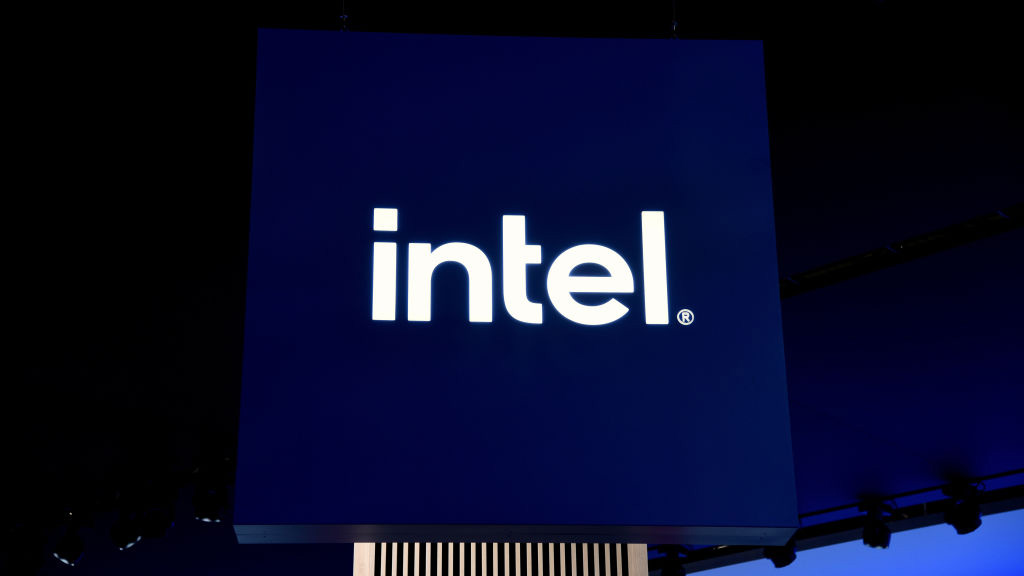 Intel targets AI hardware dominance by 2025
Intel targets AI hardware dominance by 2025News The chip giant's diverse range of CPUs, GPUs, and AI accelerators complement its commitment to an open AI ecosystem
By Rory Bathgate
-
 Calls for AI models to be stored on Bitcoin gain traction
Calls for AI models to be stored on Bitcoin gain tractionNews AI model leakers are making moves to keep Meta's powerful large language model free, forever
By Rory Bathgate
-
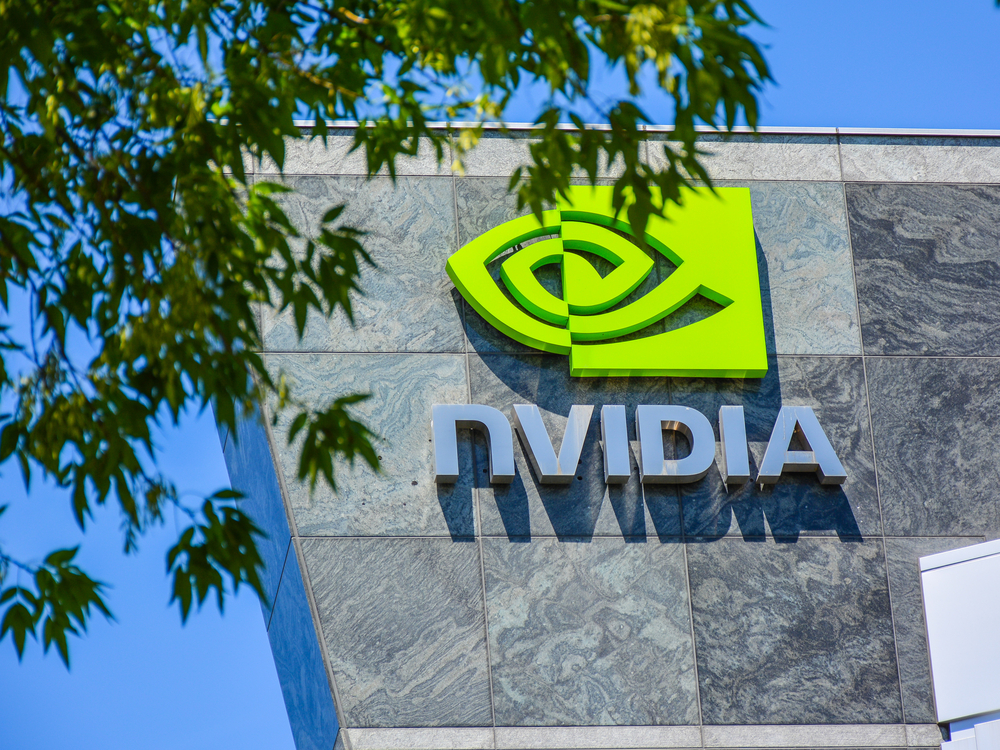 Why is big tech racing to partner with Nvidia for AI?
Why is big tech racing to partner with Nvidia for AI?Analysis The firm has cemented a place for itself in the AI economy with a wide range of partner announcements including Adobe and AWS
By Rory Bathgate
-
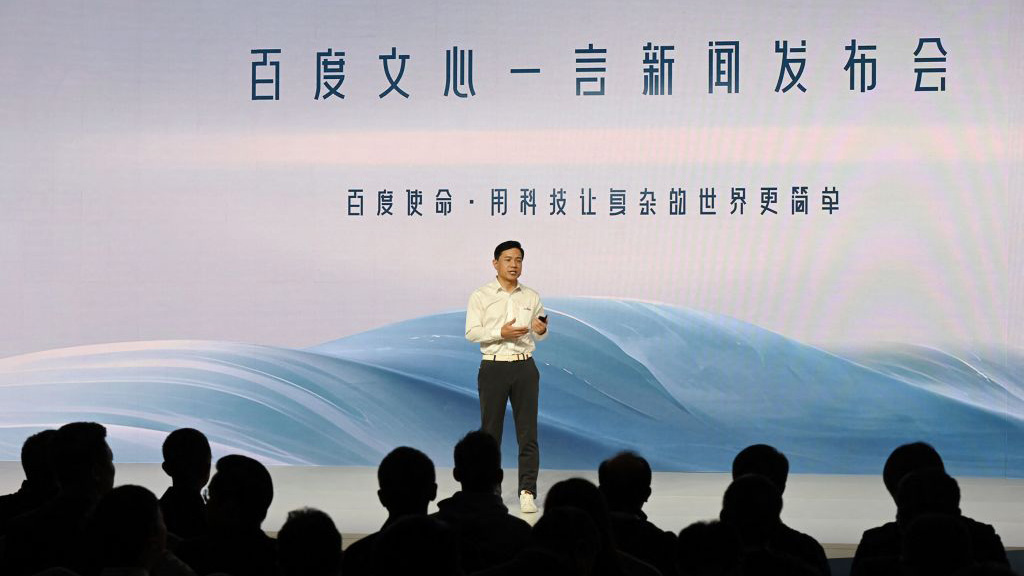 Baidu unveils 'Ernie' AI, but can it compete with Western AI rivals?
Baidu unveils 'Ernie' AI, but can it compete with Western AI rivals?News Technical shortcomings failed to persuade investors, but the company's local dominance could carry it through the AI race
By Rory Bathgate
-
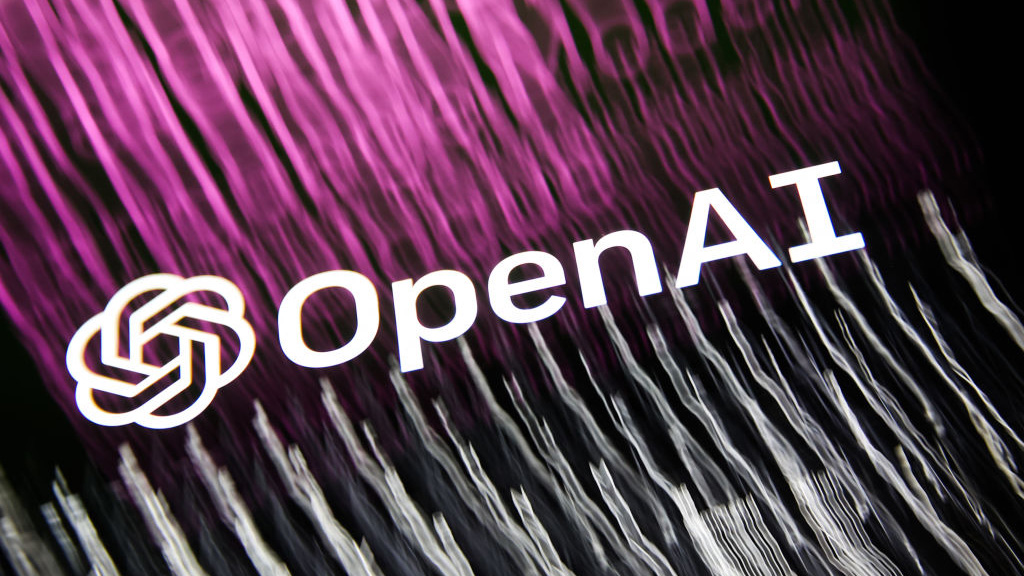 OpenAI announces multimodal GPT-4 promising “human-level performance”
OpenAI announces multimodal GPT-4 promising “human-level performance”News GPT-4 can process 24 languages better than competing LLMs can English, including GPT-3.5
By Rory Bathgate
-
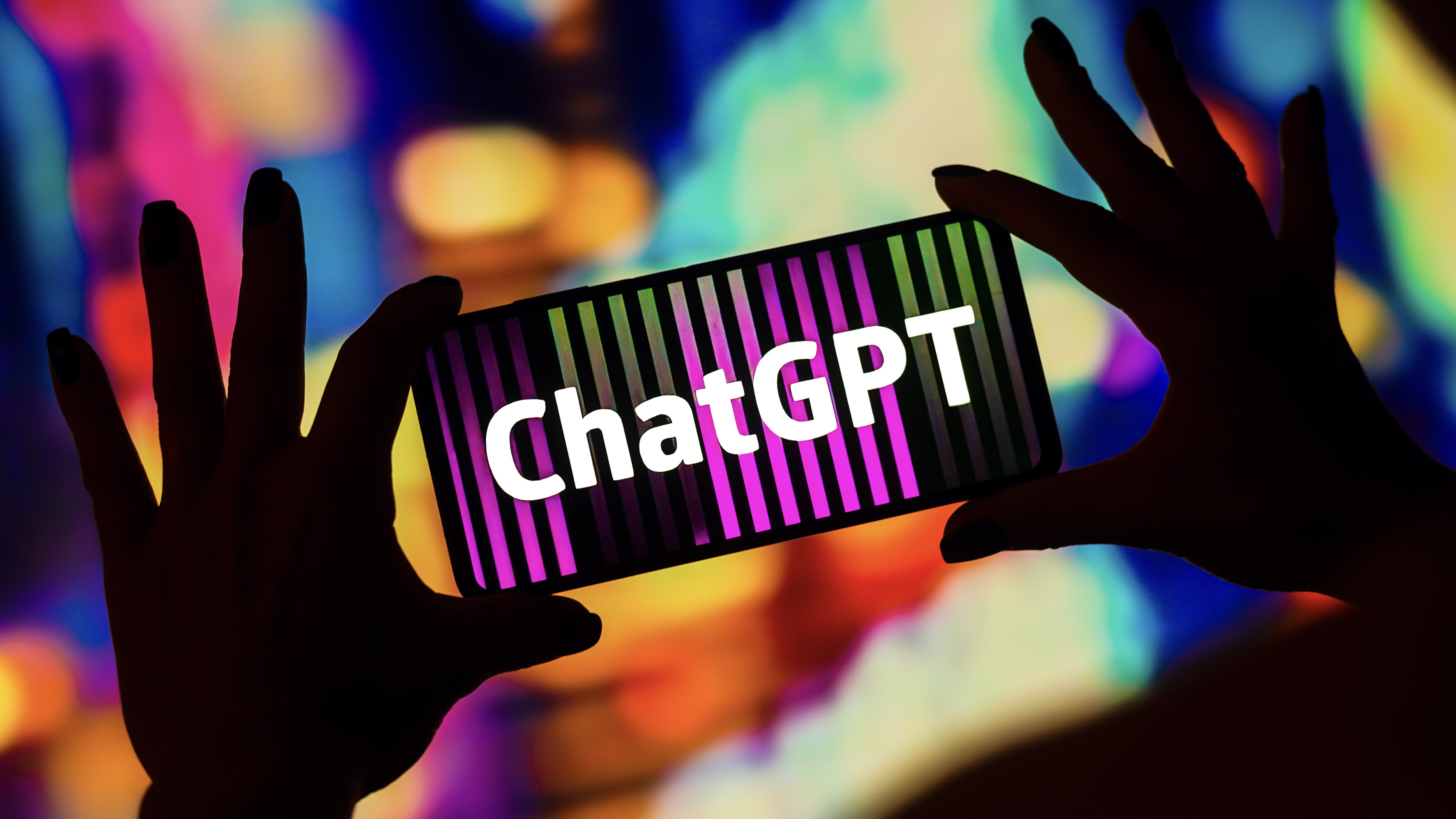 ChatGPT vs chatbots: What’s the difference?
ChatGPT vs chatbots: What’s the difference?In-depth With ChatGPT making waves, businesses might question whether the technology is more sophisticated than existing chatbots and what difference it'll make to customer experience
By John Loeppky
-
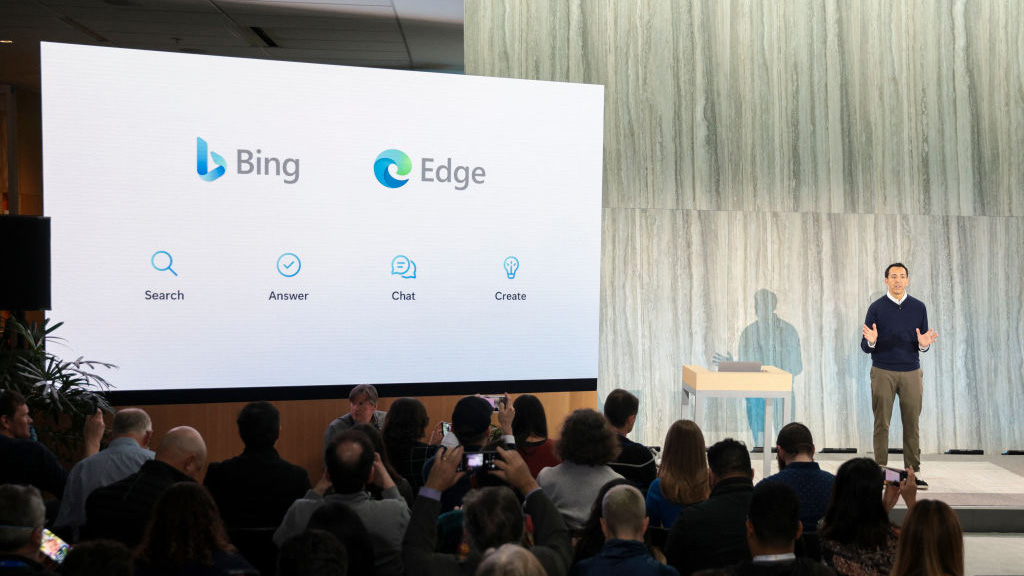 Bing exceeds 100m daily users in AI-driven surge
Bing exceeds 100m daily users in AI-driven surgeNews A third of daily users are new to the past month, with Bing Chat interactions driving large chunks of traffic for Microsoft's long-overlooked search engine
By Rory Bathgate
-
 OpenAI launches ChatGPT API for businesses at competitive price
OpenAI launches ChatGPT API for businesses at competitive priceNews Developers can now implement the popular AI model within their apps using a few lines of code
By Rory Bathgate